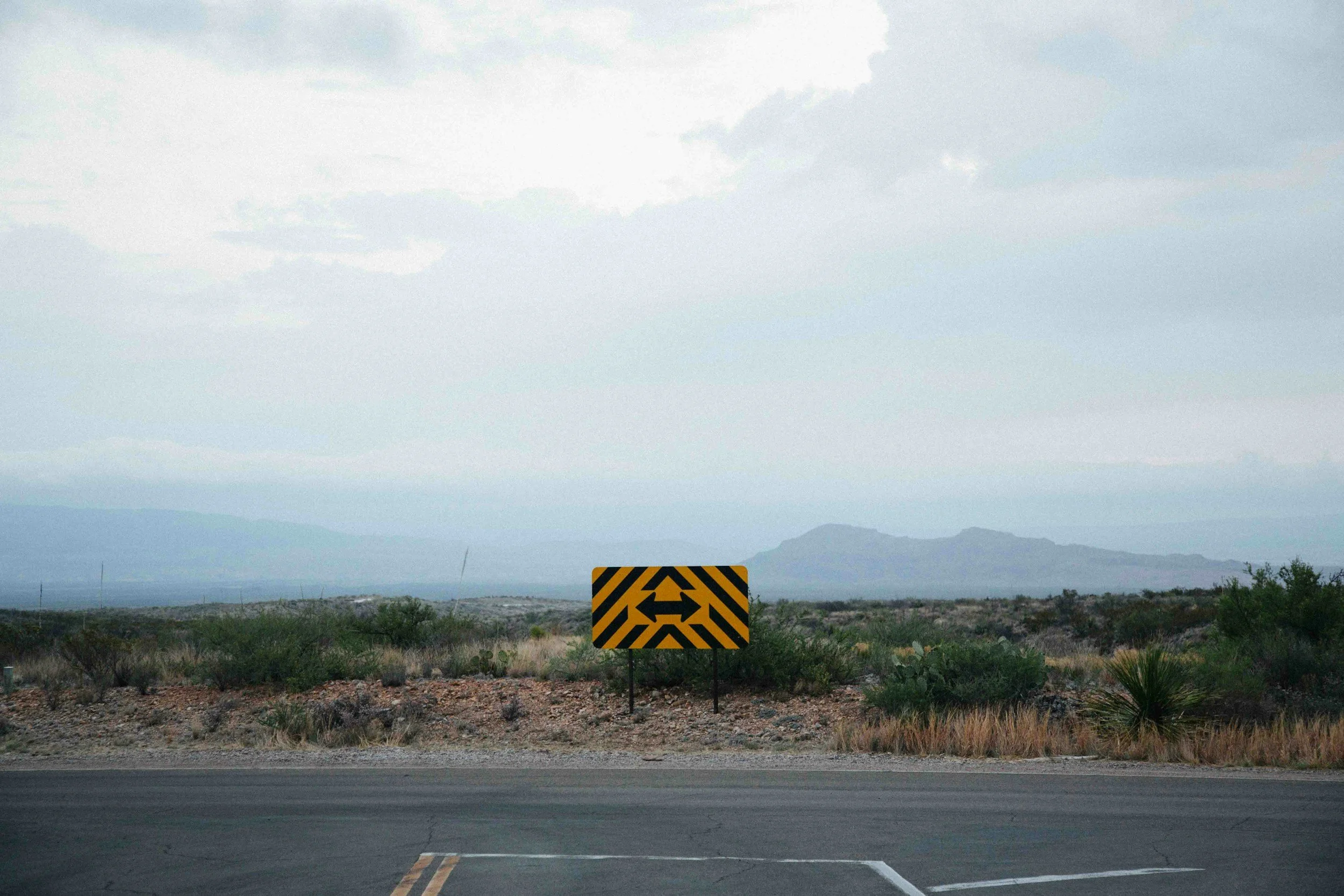
Debunking Trauma Myths


Dr. Kayleigh Watters
Licensed Psychologist
Expertise:
Trauma, Cognitive Processing Therapy, Dialectical Behavior Therapy
-
Have you ever second-guessed your own trauma? Maybe someone told you it “wasn’t that bad,” or made you feel blamed, dismissed, or invalidated. You're not alone. In this course, we’ll unpack and challenge the harmful myths that surround trauma—like who “counts” as a survivor, how healing is “supposed” to look, and what trauma “should” feel like. We’ll explore widespread misconceptions about trauma, including those related to sexual trauma, childhood trauma, and the recovery process. Using a trauma-informed lens, participants will learn how to recognize and debunk these myths while fostering more accurate, compassionate, and inclusive understandings of trauma and healing.
-
Identify and evaluate common myths about trauma.
Explain psychological, physiological, and developmental impacts of trauma throughout the lifespan.
Apply research to debunk trauma myths and promote more accurate compassionate responses.
-
Bracha, H. S. (2004). Freeze, flight, fight, fright, faint: Adaptationist perspectives on the acute stress response spectrum. CNS spectrums, 9(9), 679-685.
Burton, O., Rawstorne, P., Watchirs-Smith, L., Nathan, S., & Carter, A. (2023). Teaching sexual consent to young people in education settings: a narrative systematic review. Sex Education, 23(1), 18-34.
Browne, C., & Winkelman, C. (2007). The effect of childhood trauma on later psychological adjustment. Journal of Interpersonal Violence, 22(6), 684-697.
Columbia Mental Health. (2025, February 24). Debunking common myths about PTSD. https://www.columbiapsychiatry-dc.com/counseling-blog/debunking-common-myths-about-ptsd/
Cloitre, M., Courtois, C. A., Ford, J. D., Green, B. L., Alexander, P., Briere, J., & Van der Hart, O. (2012). The ISTSS expert consensus treatment guidelines for complex PTSD in adults.
Cloitre, M., Garvert, D. W., Weiss, B., Carlson, E. B., & Bryant, R. A. (2014). Distinguishing PTSD, complex PTSD, and borderline personality disorder: A latent class analysis. European journal of psychotraumatology, 5(1), 25097.
Contreras, A. (2024, September 6). Debunking six myths about childhood trauma. Psychology Today. https://www.psychologytoday.com/us/blog/traumatization-and-its-aftermath/202409/navigating-childhood-trauma-fact-vs-fiction.
Courtois, C. A., & Ford, J. D. (Eds.). (2009). Treating complex traumatic stress disorders: An evidence-based guide (p. 82). New York: Guilford Press.
De Bellis, M. D., & AB, A. Z. (2014). The biological effects of childhood trauma. Child and adolescent psychiatric clinics of North America, 23(2), 185.
Dempster, D. P., Koon-Magnin, S., Preyear, F., Mayo, S., & Norrell, P. M. (2024). Peer-Led Groups in Sexual Assault Prevention Programming: Myth Adherence and Self-Defense Efficacy within Gender and Race. Journal of Applied Social Science, 18(1), 222-240.
Difede, J., Olden, M., & Cukor, J. (2014). Evidence-based treatment of post-traumatic stress disorder. Annual review of medicine, 65(1), 319-332.
Ellis, A. E., Simiola, V., Brown, L., Courtois, C., & Cook, J. M. (2018). The role of evidence-based therapy relationships on treatment outcome for adults with trauma: A systematic review. Journal of Trauma & Dissociation, 19(2), 185-213.
Felitti, V. J., Anda, R. F., Nordenberg, D., & Williamson, D. F. (1998). Adverse childhood experiences and health outcomes in adults: The Ace study. Journal of Family and Consumer Sciences, 90(3), 31.
Felitti, V. J., Anda, R. F., Nordenberg, D., Williamson, D. F., Spitz, A. M., Edwards, V., & Marks, J. S. (1998). Relationship of childhood abuse and household dysfunction to many of the leading causes of death in adults: The Adverse Childhood Experiences (ACE) Study. American journal of preventive medicine, 14(4), 245-258.
Foa, E. B., Chrestman, K. R., & Gilboa-Schechtman, E. (2009). Prolonged exposure therapy for adolescents with PTSD emotional processing of traumatic experiences, therapist guide. Oxford University Press.
Forget, A. A., Vandervoort, M., & L. Lalumière, M. (2024). University students’ perspectives on physiological sexual arousal in victims of sexual assault: The role of gender and rape myths. The Canadian Journal of Human Sexuality, 33(3), 340-356.
Goodson, A., Franklin, C. A., Garza, A. D., & Bouffard, L. A. (2024). Supporting Victims of Sexual Assault: The Effect of “Real Rape Mythology” and “Worthy Victim” Stereotypes on Police Decisions Regarding Service Referral and Advocate Involvement in Sexual Assault Cases. Crime & Delinquency, 70(13-14), 3658-3687.
Herman, J. L. (1992). Complex PTSD: A syndrome in survivors of prolonged and repeated trauma. Journal of traumatic stress, 5(3), 377-391.
Hopfinger, L., Berking, M., Bockting, C. L., & Ebert, D. D. (2016). Emotion regulation mediates the effect of childhood trauma on depression. Journal of affective disorders, 198, 189-197.
Kok Kendirlioglu, B., & Kucukgoncu, S. (2024). Effects of Sexual Myths and Intimate Partner Violence on Women’s Sexual Self-Schemas. Archives of sexual behavior, 53(1), 375-382.
McDaniel, L. (2024). Dating Violence Myth Acceptance in College Populations: A Comparison with Sexual Assault Myth Acceptance (Order No. 31483148). Available from ProQuest Dissertations & Theses Global. (3086585996).
McEwen, C. A., & Gregerson, S. F. (2019). A critical assessment of the adverse childhood experiences study at 20 years. American journal of preventive medicine, 56(6), 790-794.
McFarlane, J., Malecha, A., Watson, K., Gist, J., Batten, E., Hall, I., & Smith, S. (2005). Intimate partner sexual assault against women: Frequency, health consequences, and treatment outcomes. Obstetrics & Gynecology, 105(1), 99-108.
Resick, P. A., Monson, C. M., & Chard, K. M. (2016). Cognitive processing therapy for PTSD: A comprehensive manual. Guilford Publications.
Sands Belle, A. (2024). Identifying Rape Myths and Trauma-Informed Beliefs Among Detectives Investigating Sexual Assault Cases Using Content Analysis (Order No. 31238658). Available from ProQuest Dissertations & Theses Global. (3044302896).
Schrader, C., & Ross, A. (2021). A review of PTSD and current treatment strategies. Missouri medicine, 118(6), 546.
Schroeder, E. (2015). Teaching Young People about Consent.
Ullman, S. E., & Brecklin, L. R. (2003). Sexual assault history and health-related outcomes in a national sample of women. Psychology of Women Quarterly, 27(1), 46-57.
VA.gov | Veterans Affairs. (2025). https://www.ptsd.va.gov/understand/isitptsd/common_reactions.asp
Vladutiu, C. J., Martin, S. L., & Macy, R. J. (2011). College-or university-based sexual assault prevention programs: A review of program outcomes, characteristics, and recommendations. Trauma, Violence, & Abuse, 12(2), 67-86.
CE credits available for psychologists, social workers, counselors, therapists, physicians, nurses, and other healthcare professionals.
-
Understanding Trauma
-
Understanding Trauma
Learn what trauma really is and the different ways it can happen to people. Understand how your brain and body respond to traumatic experiences, and why some people develop PTSD or other lasting effects.
-
Myths about Trauma
Challenge false beliefs about who can be traumatized and when. Discover the truth about how common trauma is, why it affects people long-term, and why telling someone to "get over it" doesn't work.
-
-
Sexual Assault
-
Sexual Assault
Understand what sexual assault means and learn what real consent looks like. Find out why people might freeze or go along with things during an assault, and why physical reactions don't mean someone wanted it to happen.
-
Myths about Sexual Assault
Learn the facts that counter harmful beliefs about assault survivors. Understand why victim-blaming is wrong and why all survivors deserve support no matter what happened.
-
-
Childhood Trauma
-
Childhood Trauma
Explore how bad experiences in childhood affect kids and follow them into adulthood. Learn how common these experiences are, what helps kids bounce back, and how some people find strength through their struggles.
-
Myths about Childhood Trauma
Challenge myths that children are "too young" to be affected by trauma or will simply "grow out of" their experiences. Understand how trauma responses are adaptive survival mechanisms, not signs of being "broken."
-
-
Treatment & Recovery
-
Treatment & Recovery
Learn about proven therapies that help trauma survivors heal. Understand different treatment approaches and why the goal isn't to erase what happened, but to help you live well despite it.
-
Myths about Treatment & Recovery
Address misconceptions about trauma therapy effectiveness and the recovery process. Learn why therapy is typically more effective than medication alone, how treatment is appropriately paced, and why healing follows a non-linear path with temporary increases in symptoms before improvement.
-


